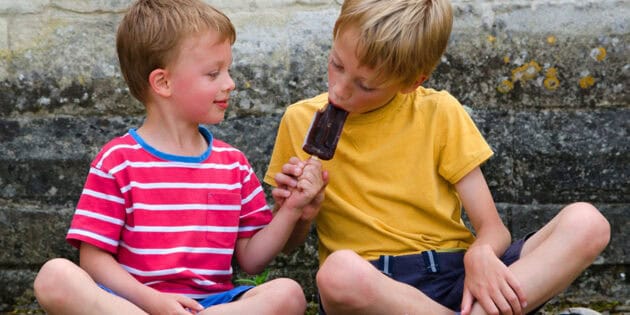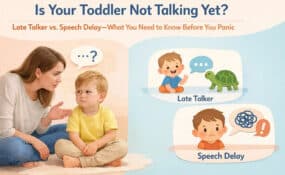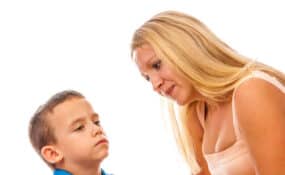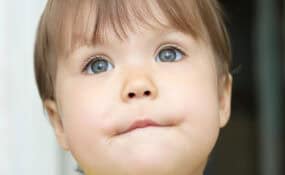The world has changed dramatically in the last few years, and while adults have had to adapt, the impact on our children is still unfolding. As a speech therapist specializing in special needs, I’ve seen firsthand how the prolonged periods of isolation and disrupted routines during lockdown have affected children’s social development. It’s a topic that’s on the minds of many parents, and for good reason. Social skills are not just about being “polite”—they are a crucial part of a child’s overall well-being and ability to connect with the world around them.
So, how can you tell if the lockdown has created some bumps in your child’s social skills? It’s important to remember that every child is unique, and some will bounce back faster than others. However, by being mindful of these signs, you can better understand if your child might need a little extra support to thrive in our “new normal.”
Signs to Look For in Your Child’s Social Interactions:
- Difficulty with Turn-Taking: This is a fundamental social skill. You might notice your child interrupting others frequently, struggling to share during play, or dominating conversations. The lack of structured playdates and classroom settings during lockdown meant fewer opportunities to practice this essential skill.
- Struggling to Read Social Cues: A lot of communication happens without words. Children who spent a significant amount of time in isolation may have a harder time recognizing and responding to non-verbal cues like facial expressions, body language, and tone of voice. This can lead to misunderstandings with peers and adults.
- Increased Anxiety or Shyness in Social Situations: While some shyness is normal, a child who was previously outgoing but now seems hesitant, withdrawn, or even anxious around others might be struggling. They may have gotten used to a smaller social circle and now find larger groups or new situations overwhelming.
- Challenges with Emotional Regulation: Social interactions are a breeding ground for a range of emotions, from excitement to frustration. Without the regular practice of navigating conflicts and compromises with peers, some children may find it harder to manage their emotions, leading to more frequent tantrums, meltdowns, or aggressive behavior.
- Limited Conversational Skills: If your child’s conversations with others seem repetitive, they struggle to initiate a chat, or they have a hard time maintaining a topic of conversation, it could be a sign that they’ve missed out on valuable practice. This can be especially true for younger children who were in a critical window of language development during the lockdown.
- Preference for Parallel Play: Parallel play, where children play alongside each other but not together, is a normal developmental stage. However, if your older child still prefers this type of play over more interactive, cooperative games, it might indicate a challenge in engaging with peers.
What You Can Do to Help:
The good news is that these are not permanent setbacks. The most important thing you can do as a parent is to create opportunities for your child to practice and develop these skills.
- Be a Social Coach: Don’t be afraid to explicitly teach social skills. Talk to your child about the importance of eye contact, ask them what a person’s facial expression might mean, and role-play different social scenarios.
- Structure Play Opportunities: Organize small playdates with a few close friends. This low-pressure environment can help your child ease back into social interaction. As they get more comfortable, you can gradually increase the size of the group.
- Encourage Extracurricular Activities: Enroll your child in a sports team, a dance class, or a community group. These structured settings provide regular opportunities to interact with peers and learn to work together.
- Model Good Social Skills: Children learn by observing. Let them see you having conversations, resolving conflicts, and showing empathy in your own interactions.
If you are concerned about your child’s social development, please remember that you are not alone and help is available. As a speech-language specialist, I am passionate about helping children build the communication and social skills they need for a happy and functional life. If you have questions or would like to discuss your child’s unique needs, please don’t hesitate to reach out. Together, we can help them navigate the world with confidence and connection.
If you would like to take a listen to my podcast, you can click here – How Has The Lock Down Affected Your Child’s Social Skills?
- Social Development Changes After COVID – Signs Your Child was affected - April 15, 2025
- Social Development Changes After COVID – Signs Your Child was affected - April 15, 2025
- Social Development Changes After COVID – Signs Your Child was affected - April 15, 2025







